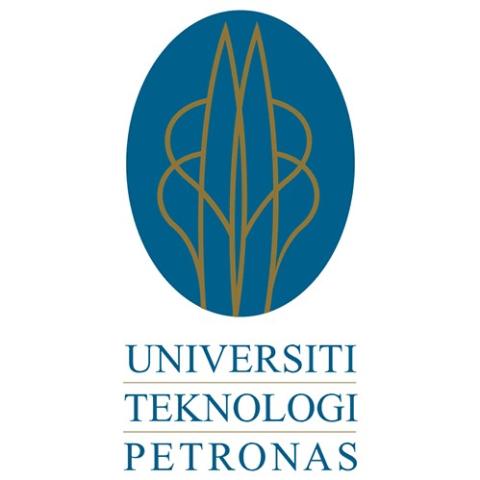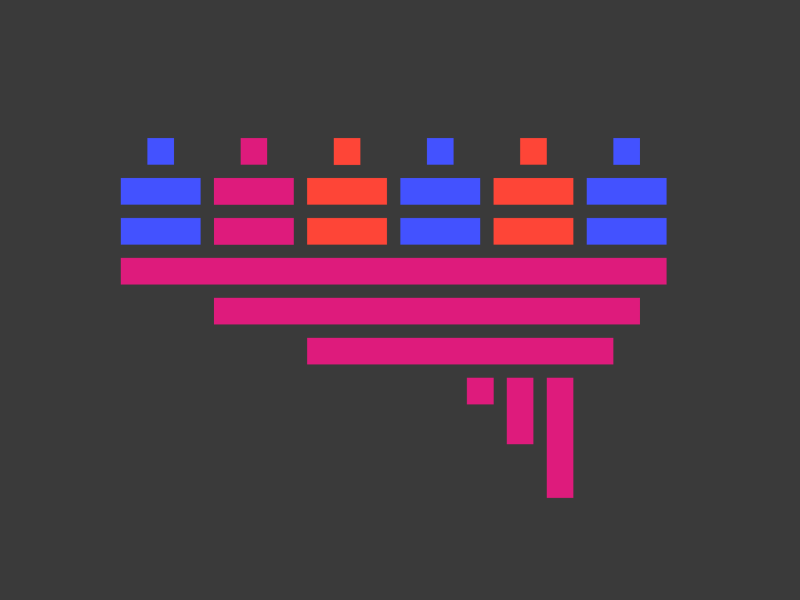
Build a framework of support for open and distance learners in three stages
You may also like
The job market today is saturated with university graduates, all competing to stand out in crowded fields. In industries such as engineering and technology, employees must continue to learn new skills and stay on top of developments. Changes happen so rapidly that staying informed is key.
In this environment, it’s vital for employees to invest in ongoing education and skill improvement. For example, a marketing professional might need to learn new digital marketing techniques to keep up with changing consumer trends. The demands of the market require its workers to have a proactive approach to adaptability and growth.
- Resource collection: The business of online education
- Cameras on: how to overcome a key challenge in digital courses
- My teacher’s a robot: beating negative perceptions when teaching online
Offering flexibility and accessibility in continuous education and skill enhancement, open and distance learning (ODL) has become a popular choice for those seeking advanced degrees while simultaneously balancing full-time jobs, family responsibilities and community involvement. ODL is defined by Unesco as an academic delivery approach that aims to expand opportunities for education and training, liberating learners from the constraints of time and place. ODL programmes provide fully online modes of study, allowing students to engage with course materials and lectures anytime, anywhere and in any manner that suits their needs.
As a programme manager for a master’s degree programme, I observed that some students struggled when navigating the complexities of online learning in ODL programmes. In response, I spearheaded a project to develop an onboarding framework, tailored to address the needs of ODL students.
The project aimed to enhance the student experience by offering necessary support and resources throughout their academic journey. It can be summarised as follows:
1. Acknowledge that the academic department plays an important role in connecting students to the university.
2. Implement a yearly activity plan that engages students with a supporting department with dedicated programme contents.
3. Provide a direct reference for each supporting department, such as a buddy programme.
4. Offer a more interactive lecture experience, involving the educator and supporting department, to provide materials and offer a good platform for interactive education.
Here are the three distinct stages we worked through in order to develop this framework.
Stage 1: Gather student perspectives
The first stage of the onboarding framework development involved compiling students’ perspectives to understand what support they needed. By analysing the strengths and weaknesses of existing onboarding sessions, we gained insights into areas where we needed to improve.
We held surveys targeting current students, fresh graduates and alumni to identify the factors influencing success in study and how the university could support them better.
Stage 2: Incorporate input from supporting departments
In the second stage, we gathered input from various university departments, including academics and non-academics, to refine the programme. We clarified the definition of “onboarding”, emphasising how important providing ongoing support was to us. We considered institutional activities and emerging educational technologies in shaping the onboarding process. For example, we now offer virtual campus tours for remote ODL students, using virtual reality, augmented reality and even mixed-reality technologies.
By holding interviews with academic and non-academic staff, we were able to inform strategies and initiatives to enhance student success.
Stage 3: Develop and execute the onboarding framework
The final stage involves the development and execution of the onboarding framework based on insights gathered from previous stages. Finally, we used the insights gathered from previous stages to develop and launch the onboarding framework. We documented and analysed perspectives from students, academics and non-academics to shape the framework.
For example, we’ve included ways to connect the students to university-provided support and to offer networking sessions between students, industry experts and academics.
We identified themes such as engagement, nurturing and direction, and brought them together to guide the framework’s development. We established success metrics to measure the effectiveness of the framework, based on the following attributes. Students should be:
- Directed: Have a goal and know how to achieve it.
- Focused: Stay on the path and keep their eyes on the prize.
- Nurtured: Feel somebody at the college wants them to succeed and helps them to do so.
- Engaged: Actively participate in class and extracurricular activities.
- Connected: Feel that they are part of the college community.
- Valued: Feel that their skills, talents, abilities and experiences are recognised.
We believe the project holds promise in fostering a culture of continuous improvement in teaching and learning practices at the university. Ultimately, we hope it will contribute to the institution’s overall educational excellence. The commitment to enhancing student engagement, improving learning outcomes and developing tailored support mechanisms signifies a forward-looking approach that aligns with Universiti Technologi Petronas’s vision of providing a transformative educational experience.
Cheng Yee Ng is a programme manager and senior lecturer in the civil and environmental engineering department at Universiti Teknologi Petronas.
If you would like advice and insight from academics and university staff delivered direct to your inbox each week, sign up for the Campus newsletter.




